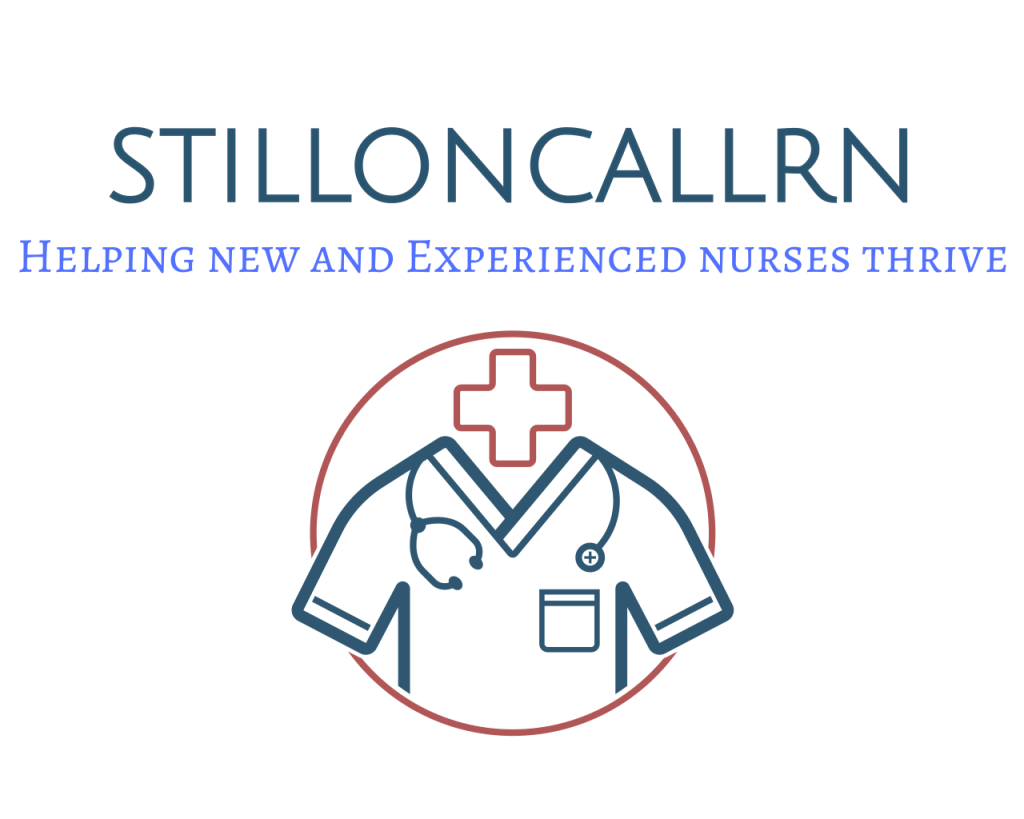Time Can Be Your Friend

Time Management is one of the most important tools a new nurse can keep in her nursing toolbox.
Most nurses learn the importance of completing tasks on time and learn multi-tasking. There is always that exception and I have worked with some of them. You will meet them in your career.
That nurse that is always late passing meds, can’t seem to get procedures completed without assistance, always asking for help, and always staying late to finish charting.
Let me give you some TIPS to help learn time management. It doesn’t matter if you are a new nurse, student nurse, or experience nurse trying to be better at what you do. These practices will help.
TIP #1
PREPARE AND ORGANIZE
Find a template you like, you may have to use several first before you find the one you like. The key to keeping things organized is to keep them in the same place. example: always put your vital signs in the upper right corner, and always put labs in the lower right when charting.
Many nurses use what is referred to as a fishbone diagram. Some nurses will use a simple 4 lab value design and place Hgb, HCT, Ptt, and Wbc’s or you can make it bigger to include your major metabolic values, including Na, Ca, Glucose, Bun, and Create.
You can choose the design but it helps keep the labs handy on your worksheet. Yes, you can look in the computer, but when a Dr. comes in and starts asking questions, you want the info quickly available.
Plan your day – Assess your patients, and look over meds and special meds that have critical timing (they have to be given at an exact time). set an alarm.
I always set my watch alarm for 9 am or 9 pm if I was working nights. That was my first alarm. It was a reminder that I better get started on my first med pass.
Because you have time before or after most meds, you can start giving the medications early. Every facility is different, but for most, it is 30 minutes before or after the scheduled time on the MAR. This is very valuable to keep you out of the weeds if your day goes south.
If you do the assessment and first med pass together you will save time. As the days progress, doctors arrive, orders come in, families arrive, patients go for procedures, patients come back, lab interrupts, as well as physical therapy and respiratory therapy and you are expected to keep the train running on time for all of these.
Organize everything – Organize yourself at home. – that helps you to be more productive at work. It may sound corny, but put pens in the same place all the time, and put alcohol wipes, scissors, hemostats, etc. in the same place.
Keep your stethoscope in your workbag but never start your day unless it is around your neck or in your waist holder. Don’t put it on the seat of the car. Don’t put it down on the counter and walk away and whatever you do never loan it to a doctor. I have had more than one scope grow feet and walk away never to be seen again.
TIP #2 PRIORITIZE
A. Look at your patient assignment and during report, you are going to have to figure out which patients have ACUTE issues and which are more chronic. You need to focus on acute first. These are the patients that can decline easily.
B. Determine urgent patient needs. Think about those time-sensitive meds and work them into your workday schedule. Also, think about procedures. Do you have a patient going to the CATH LAB?
CATH LAB and O.R. want 2 Iv’s.
Did the patient get wiped down?
Have they been shaved?
Is the checklist complete? What’s missing?
Do you have a signed permit, if not, can the patient sign it?
If the patient cannot sign, is someone available to sign?
Remember, Acute will take priority over Chronic. Patients should be placed in roles that will help them work smarter.
PATIENT # 1 – see this patient first. Not seeing this patient first could cause harm.
PATIENT # 2 – Not urgent or life-threatening but the patient could be busy. Surgeries or X-ray procedures can make a mess of your med pass.
PATIENT # 3– patient needs some help but not acute, ie remove a catheter, prepare for discharge, remove IVs, and remote telemetry. Notify monitor techs before removing them so you don’t get the worried phone call.
PATIENT # 4 – Education, especially for chronic conditions, like COPD. Some facilities provide respiratory therapists who walk patients to determine 02 needs for home but if not available then nursing has to jump into that role.
TIP #3 ANTICIPATE
Patient #1
Has a Vancomycin Peak and Trough ordered. The lab usually draws but nursing may have to also. Anticipate. If the patient has some type of infectious process in place then expect Blood Cultures. These can be difficult to draw and if the lab is not available, you will be expected.
Patient #2
Has labs that are off. A positive diagnosis of C-diff means this patient will have loose stools and diarrhea. Plan to stay close and make sure the CNAs are aware. Have bedside commodes available.
Patient #3
This patient is going to the Cath Lab for Surgery and needs time to prep. Previous shifts should help to prepare.
Anticipation equals needed time.
TIP #4 DELEGATE
Determine what you can delegate to an LPN or CNA Vitals signs/bathing/toileting/measuring intake and output.
LPNs are invaluable. They can give medications, complete procedures, in some facilities monitor blood transfusions, and maintain IVs.
It’s important to keep in touch with the team. If one member is getting overwhelmed others need to step in and reassign as needed.
You will come to a routine that works for you. It is important to know that once you have your day set, something WILL CHANGE IT.
You must be able to reorganize, set new priorities, anticipate new needs, and delegate to other team members to help. Studies show that approximately 45% of nurses feel that their biggest organizational challenges happen at Med Pass and another 27% feel that new challenges arrive with the urgent needs of the patient.
You must learn to take breaks. Over 35% of nurses, say they “never get a break”. This is a recipe for disaster, with quick burnout on its way.
Use these tips to help and chances are you will go home and still have the energy to have time for yourself, time for your family, and time to come back another day
RECENT POSTS

Monica Woodward Luberto RN
I am Monica Woodward Luberto RN and this is a journey to share my 40 years of Critical Care, Open Heart, Travel, O.R Nursing, Care Manager, as well as my life as a Daughter, Wife, and Mother. Today, I am using my experience to explore my passion for writing as a Blogger and Freelance Writer.
Get Updates In Your Inbox !
Sign up with email to receive news & updates.
